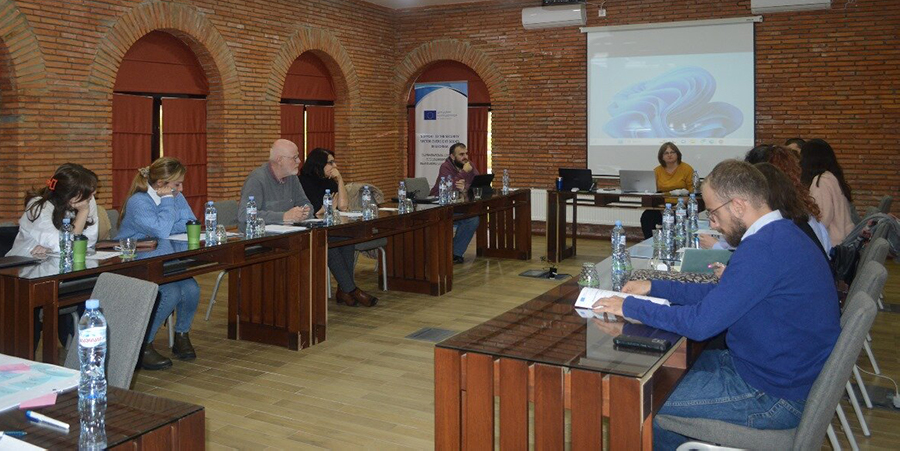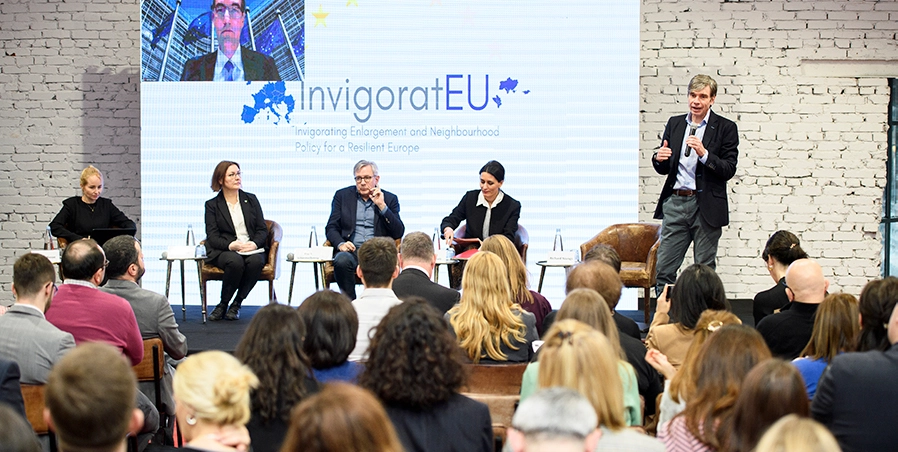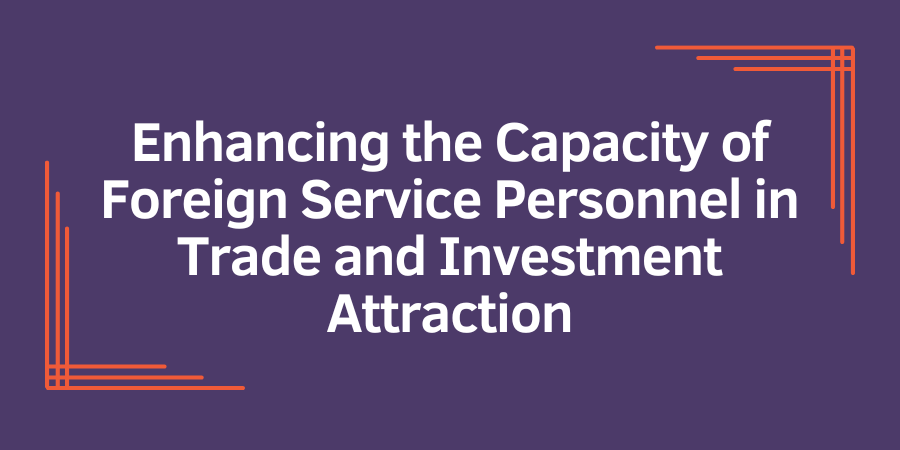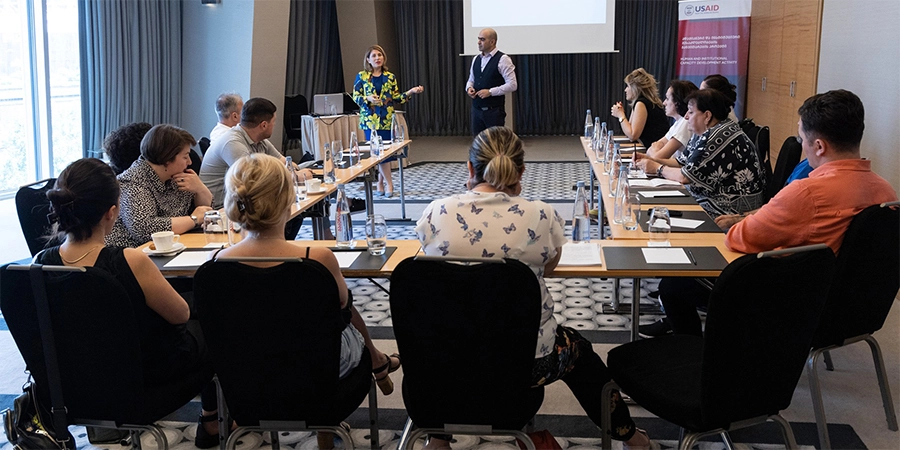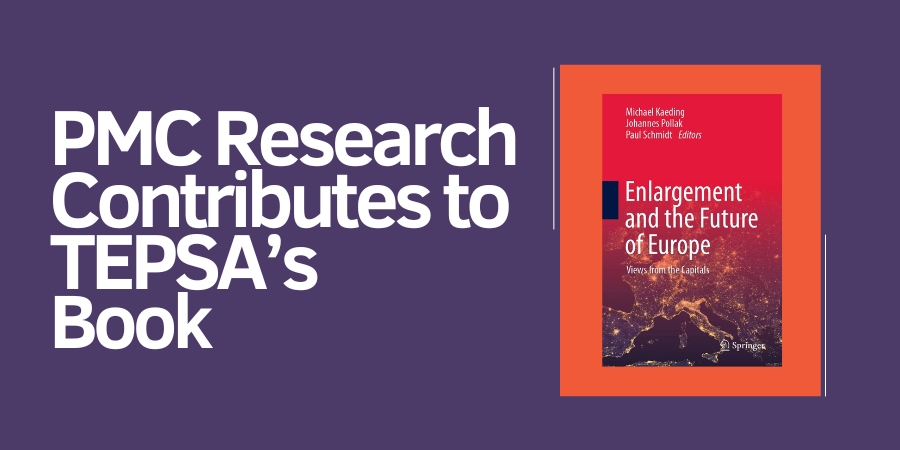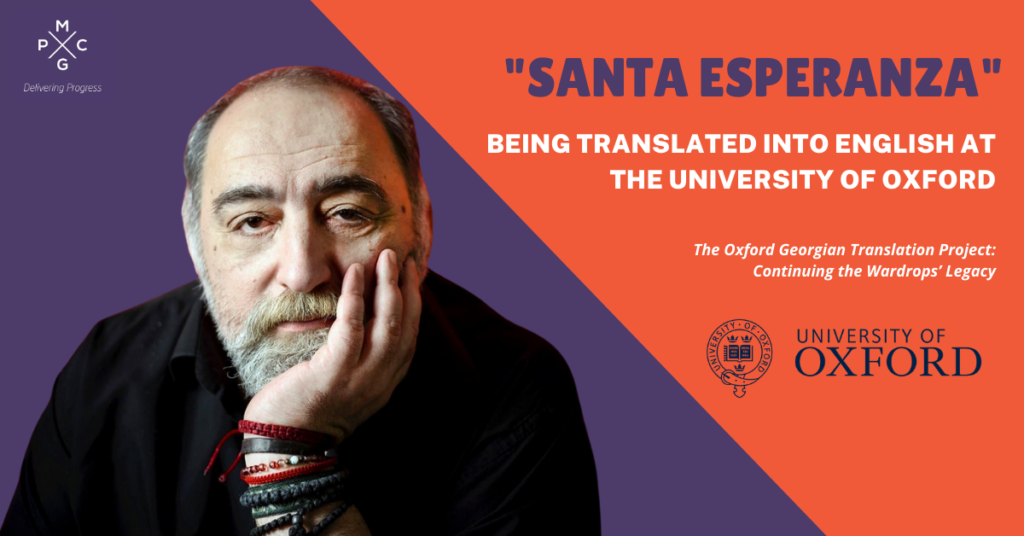Strengthening Institutional Capacity of Djizzak Water Company Employees in Uzbekistan in Wastewater Management
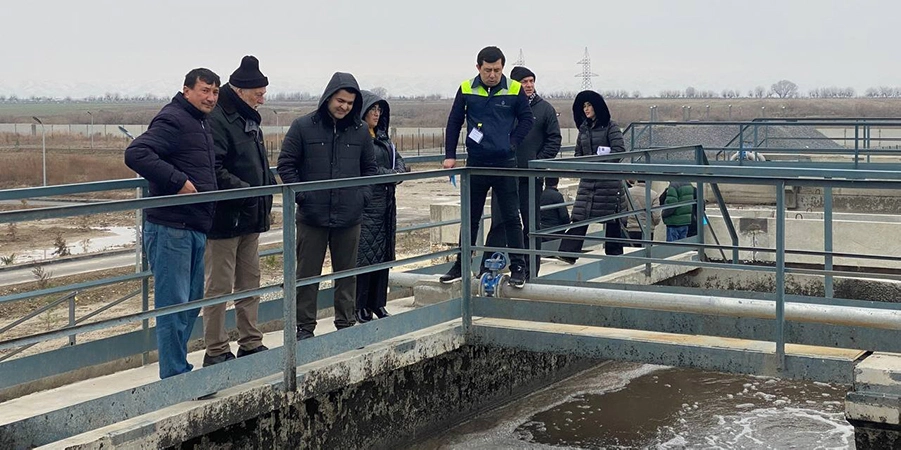

Between February 25 and March 2, PMCG, as a subcontractor of INTEGRATION environment &. energy GmbH, conducted a six-day-long on-the-job training session for Djizzak Suvtaminot personnel aimed to strengthen the institutional capacity of water company employees in Djizzak, Uzbekistan. The trainings focused on the crucial issues of clean water and sanitation and were arranged in the course of the Djizzak Sanitation System Development project, funded by the ADB, which will benefit approximately 180,000 local residents by providing better wastewater services, ultimately increasing their welfare and improving their health
Of note, Djizzak Suvtaminot is the entity responsible for providing sewerage services for Djizzak/Jizzakh city, including the operation and maintenance of wastewater facilities. Pertinently, PMCG is committed to raising awareness of wastewater management among Djizzak Suvtaminot’s employees through providing in-depth insights into wastewater operations and emphasizing their significance for the city.
Specifically, PMCG has collected and processed information, identified existing gaps, prepared tailored training materials, and conducted trainings. Moreover, the trainings provided participants with in-depth knowledge and up-to-date information on key areas of health and safety, environmental monitoring, and the hydraulic design of sewerage and stormwater frameworks. Among the participants were company employees responsible for managing engineering, finance, management, and related areas.
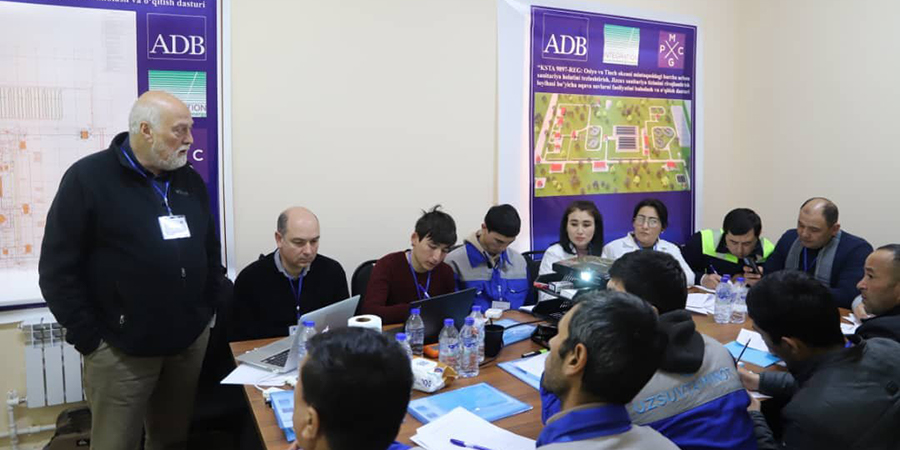
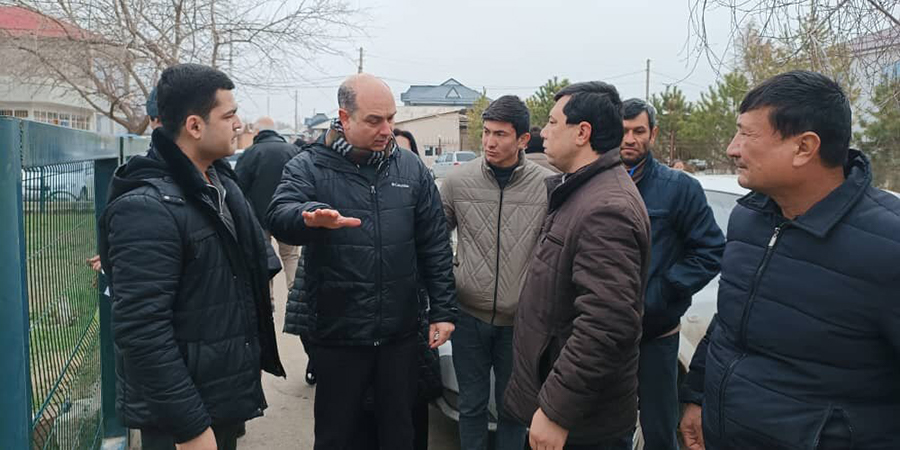
PMCG’s consultants, namely Fotios Chagios (a hydraulic engineer) and Demetrios Economides (environmental, health and safety (EHS) specialist) conducted the trainings, with their sessions revolved around dedicated modules.
In particular, the urban wastewater management module touched upon the main objectives of wastewater management and covered the issue of sanitation. Meanwhile, the stormwater networks design module dealt with hydrology basics and statistical tools , which are essential for designing flood protection.
Elsewhere, the circular economy module outlined a fitting model of production and consumption, which explored and provided details on the following options: sharing, leasing, reusing, repairing, refurbishing, and recycling existing materials. Furthermore, the environmental management system (EMS) module detailed a set of management processes and procedures allowing organizations to analyze, control, and reduce the environmental impact of their activities, products, and services, while operating with greater efficiency. Finally, the module about health and safety placed an emphasis on the essential topics of risk analysis in wastewater treatment plans, laboratory safety, and vehicle-pedestrian conduct, alongside the risks associated with the operation and maintenance of WWTP.
Ultimately, PMCG is empowering Djizzak Suvtaminot’s workforce with the knowledge and skills necessary to contribute effectively to this project’s enduring success.
